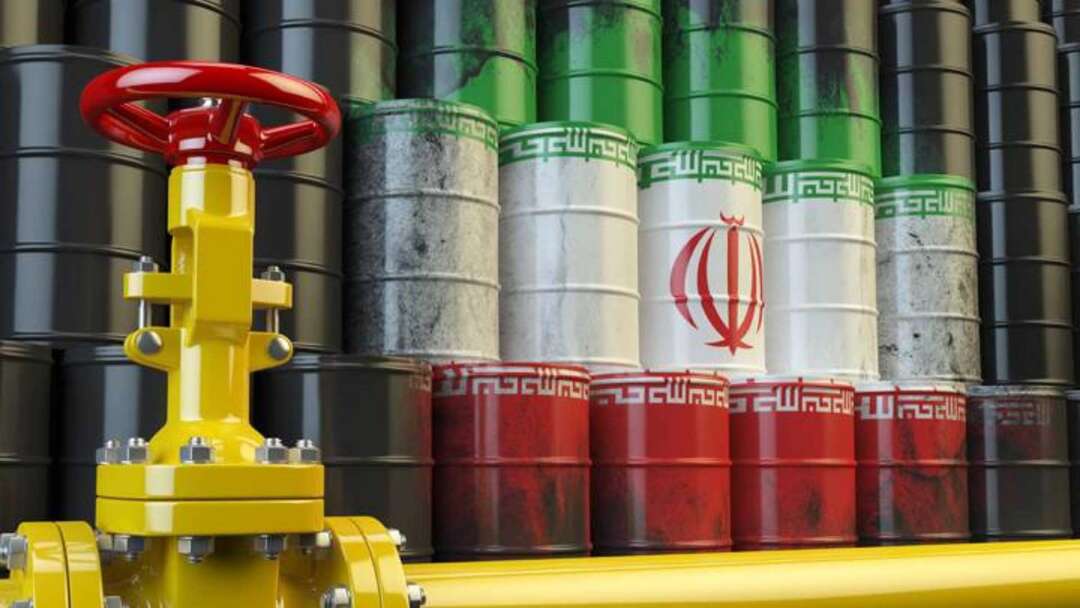-
European Trigger Threatens Iran's Last Defense Lines

Iran's regime is in a dilemma: the weaker it becomes internally, the more it clings to its arms abroad.
While the regime is drowning in internal economic and social crises that threaten its stability, it resorts to its regional proxies in Iraq, Lebanon, and Yemen to maintain influence and ensure its survival. However, the equations have changed, and there is increasing popular and official rejection of its expansionist policies.
Larijani Between Baghdad and Beirut
The visit of the Secretary of the Supreme National Security Council, Ali Larijani, to Iraq and Lebanon reflected Iran’s need for its external proxies amid escalating internal crises. The missions he carried included not only security and political coordination but also efforts to evade sanctions and to ensure the continued operation of regime militias as tools of influence.
The European Trigger... Tehran’s Nightmare
What currently worries Tehran most is the threat by three European countries—France, Britain, and Germany—to activate the "Snapback" mechanism if a new nuclear deal is not reached by the end of August. Such a step would bring Iran back to Chapter VII of the UN Security Council, impose stricter sanctions, and open the door to severe isolation.
Internal debate has intensified: some believe that sanctions will suffocate the regime and that negotiations are necessary, while others call for firmness and threats of missile strikes. These divisions reflect a strategic dilemma that is not easily solvable.
Internal Crises Boiling Over
Inside Iran, the population lives under mounting pressures: water and electricity shortages, gas scarcity, currency collapse, and inflation. Even President Masoud Bakhshi said openly: “We have problems with water, electricity, money, and inflation... Where isn’t there a problem?”
Unable to find solutions, the regime resorts to executions as a form of terror. In just two weeks, 93 people were executed in a desperate attempt to deter the public, amid rising popular resistance targeting Revolutionary Guard and militia bases.
Iraq... Eroding Influence
Larijani’s visit to Baghdad focused on three main goals:
- Ensuring Iraqi airspace is not used for strikes against Iran in case of conflict.
- Facilitating oil smuggling and evading sanctions through Iraqi territory.
- Unifying pro-regime parties and militias ahead of upcoming elections.
However, these moves do not hide the reality that Iran’s influence in Iraq is no longer what it was. U.S. pressures, along with internal demands to curb the expansion of the "Popular Mobilization Forces," suggest the beginning of a new phase that may weaken Tehran’s grip on Iraqi decision-making.
Lebanon... Hezbollah’s Red Line for Khamenei
The Iranian regime considers disarming Hezbollah a strategic defeat that cannot be compensated for. Larijani carried a comprehensive plan to Beirut aimed at thwarting any internal or external attempts in this regard.
The plan includes political and media pressure, fomenting security chaos through paid gangs, and even carrying out secret operations against foreign targets to distract attention. The Iranian embassy in Beirut has become an operational hub for this project.
However, the on-the-ground reality has changed. The positions of the Lebanese president and government, which publicly reject Iranian interference, reflect increasing awareness of Hezbollah’s dangerous role. Additionally, the financial crisis faced by the party after Iran’s funding decline has weakened its social base, which was primarily built on financial aid and service networks.
Yemen... The Cheapest and Most Useful Front
In Yemen, the regime continues to use the Houthis as a low-cost, high-yield card. They are fully subordinate to the Revolutionary Guard, and their military operations are directed by Tehran’s orders.
Recently, the legitimate government disclosed large shipments of Iranian weapons—about 750 tons—evidence of ongoing support. Therefore, strengthening the legitimacy’s political and military position remains the most effective option to halt Iran’s expansion. Any complacency would enable Khamenei to establish a strategic foothold in the Gulf’s flank.
The Weaker Inside, the Greater the Expansion Outside
The overall picture is clear: internal weakness in the Iranian regime pushes it to cling more tightly to its external influence. However, indicators in Iraq, Lebanon, and Yemen confirm that its dominance is no longer as absolute as before.
Today, the task for national forces in these countries, with Arab and international support, is to confront this influence seriously—from disarming Hezbollah and dissolving the Popular Mobilization Forces to curbing the Houthis. The equation has become clear: defeating the regime’s project abroad involves exposing its internal and regional policies and blocking its desperate attempts at expansion whenever it nears collapse internally.
You May Also Like
Popular Posts
Caricature
opinion
Report
ads
Newsletter
Subscribe to our mailing list to get the new updates!






















